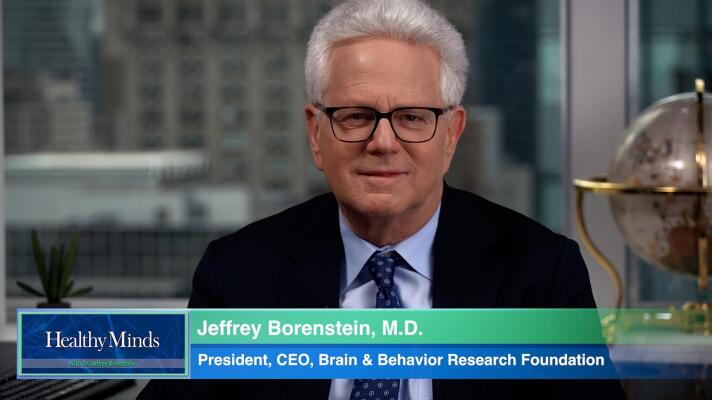Extras
Historian Annette Gordon-Reed. The American Revolution premieres November 16.
Preview:
0:20
The filmmakers on how understanding the people of the Revolution can help us understand who we are.
Clip:
3:37
The filmmakers discuss how the story of The American Revolution came together.
Clip:
3:57
The filmmakers discuss how they crafted imagery to help tell the story of the American Revolution.
Clip:
6:29
Ken Burns, Sarah Botstein, and David Schmidt on the challenges of telling America's origin story.
Clip:
6:18
Step behind the scenes of Ken Burns’s new film to see how The American Revolution came to life.
Special:
A single shot echoes on Lexington Green, and the American Revolution begins.
Clip:
0:43
THE AMERICAN REVOLUTION, a new six-part, 12-hour documentary from Ken Burns.
Preview:
2:20
The filmmakers on how they tapped a broad range of influences to recreate the music of the era.
Clip:
5:13
Filmmakers discuss how they used stories of both well-known and lesser known figures.
Clip:
10:33
Latest Episodes
All
-
All
-
Healthy Minds With Dr. Jeffrey Borenstein Season 10
-
Healthy Minds With Dr. Jeffrey Borenstein Season 9
-
Healthy Minds With Dr. Jeffrey Borenstein Season 8
-
Healthy Minds With Dr. Jeffrey Borenstein Season 7
-
Season 6
-
Season 5
Prioritizing early intervention and education plans to give autistic children more opportunity.
Episode:
S10
E11
|
26:46
Cognitive behavior and virtual reality therapies for excessive acquisition, difficulty discarding.
Episode:
S10
E7
|
26:47
Navigating the issues of mental illness diagnosis and competency for trial.
Episode:
S10
E9
|
26:46
Symptom education for early intervention, and the benefits of a team approach with peer support.
Episode:
S10
E13
|
26:47
Pioneering work turns stem cells into brain cells in cultures to potentially treat disorders.
Episode:
S10
E12
|
26:46
Assessing developmental history, degree of symptoms, eye contact, motor behaviors, and genetics.
Episode:
S10
E10
|
26:46
Treating psychosis with less side effects; psychedelics for depression; psychiatric use of GLP-1.
Episode:
S10
E2
|
26:46
Blood tests that show biomarkers for Alzheimer’s disease can delay onset of symptoms.
Episode:
S10
E3
|
26:47
Ketamine as effective treatment for depression; a synthetic hormone treats post-partum depression.
Episode:
S10
E1
|
26:47
Using mathematical models and brain imaging to understand bulimia nervosa and binge eating.
Episode:
S10
E8
|
26:47




















